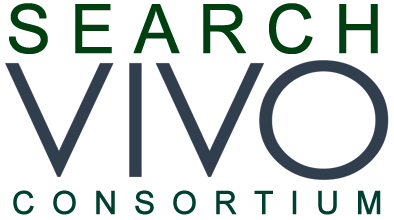Training and Opportunities
Member institutions have agreed to enhance research training by establishing seminars and workshops (e.g., Clinical and Translational Research boot camp, clinical training for IDeA researchers, community outreach training, grant writing, managing and leading teams, train the trainer, topical symposiums, writing groups at all levels, funding workshops, core workshops, IT and data sharing workshops, etc.).
The Undergraduate Pipeline Network is a summer research experience for undergraduate students. This program aims to cultivate students' interest in research while helping them attain skills needed to apply for and succeed in post-baccalaureate education. The program provides the opportunity for students to choose from three types of research — basic science/laboratory, clinical/translational, and community-based. Students will have the opportunity to assist in the design, collection, processing & analysis of scientific data. Support from this program can also provide students with a summer experience package worth approximately $5,000, to cover a stipend, housing, some meals, activity fees, and tuition. Download the flyer here.
The Mini-Sabbatical Program is intended for established investigators with basic or clinical research programs who wish to develop a clinical or translational research program with a collaborator at UNM. Preference will be given to researchers 1) Who have published work that has a high potential for clinical impact but who have not been able to test key hypotheses due to limited access to clinical samples or populations or 2) Who have access to regional populations, some research expertise, and who have strong potential for translational work through a collaborative partnership.
This program will provide visiting faculty with enough time free from other teaching or administrative responsibilities to form a productive new collaboration in clinical or translational research. Visiting faculty can bring clinical data from their home institution or access patients or samples for clinical or translational studies through the CTSC. They will interact with elements of the CTSC including cores in biostatistics, bioinformatics, and regulatory procedures as needed to develop a new program. Visiting faculty will bring new expertise back to his/her laboratory and co-author new publication and/or grants in the subsequent 12 months. Download the 2013 Mini Sabbatical RFA here.
The Advance to Funding Program provides mentored, early career investigators (i.e. K awardees, COBRE- or INBRE-supported investigators) the opportunity to submit their R-series grant proposals for internal review by CTSC experts in clinical and translational research. The program is designed to provide insight into the grant review process and help applicants improve the science and format of their proposals prior to submission to the funding agency. The Advance to Funding program provides expert pre-review of scientific method, formatting and grantsmanship for proposals submitted by mentored, early career investigators. Applicants will also have ability to contact reviewers for further advice about proposal style, format, and substance. Download the 2013 Advance to Funding RFA here.









